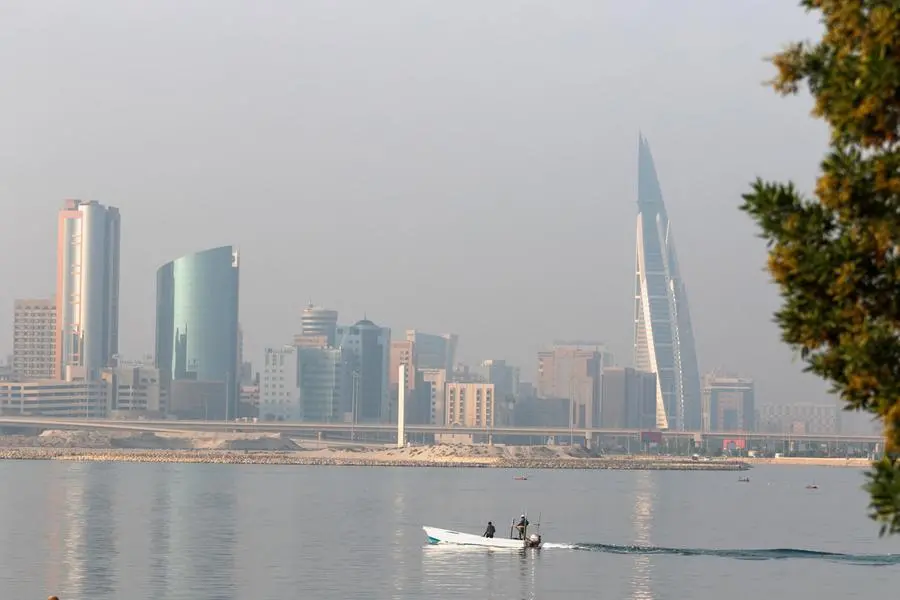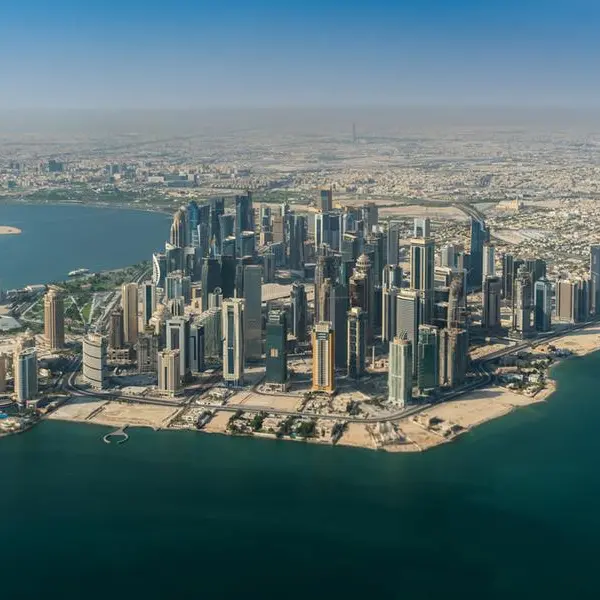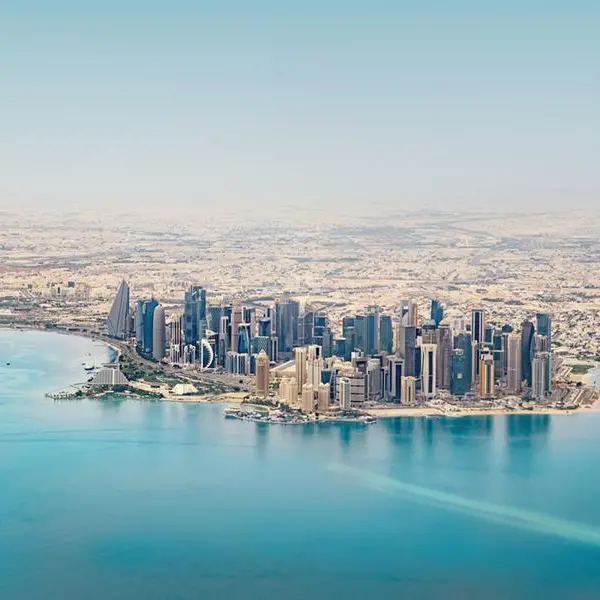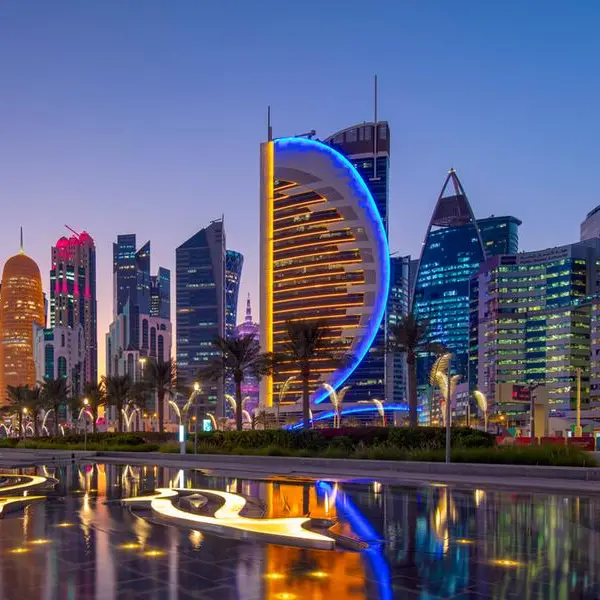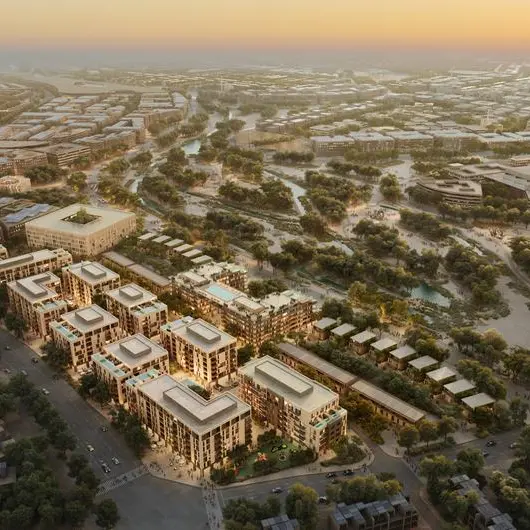PHOTO
Bahrain’s non-oil recovery is slowing after a decade-high pace in 2022 and without significant reforms to the economy, Bahrain’s GDP growth would continue to slow to an average of only 1% a year in 2025-30.
Bahrain’s GDP growth will decelerate to 2.2% this year, likely caused by a slowdown in global activity, lower oil prices and the easing in tax receipts. This follows the fast-paced growth in 2022, with Bahrain’s economy expanding by 4.9%, the fastest in nine years.
This is according to the latest Economic Insight report for the Middle East, commissioned by ICAEW and compiled by Oxford Economics.
Economic growth
Bahrain’s economic growth last year was primarily driven by the doubling of the VAT rate, rising to 10%. Excluding the tax effect, the economy expanded by 3.3%, driven by Bahrain’s non-oil sector, including government services, the finance sector and manufacturing. The country’s oil sector did not perform as strongly, shrinking 1.4% year-on-year, despite a 7.8% year-on-year increase in production and a sharp rise in global oil prices.
The report indicates Bahrain's fiscal position is likely to transition into a deficit in 2024. This underscores the pressing need for further fiscal adjustments, despite the windfall from higher oil prices and government efforts in recent years.
Inflation in Bahrain rose by 3.6% in 2022 as higher oil prices affected domestic commodity import prices. However, it has since slowed to below 1% due to the high base effect of the VAT doubling last January and the delayed impact of rate hikes. The report predicts inflation to average 0.7% this year and near 2% in 2024.
Production capacity constraints
Hanadi Khalife, Head of Middle East, ICAEW, said: "As with all regional oil producers, Bahrain’s oil sector is limited due to production capacity constraints. Additionally, the impact of global uncertainty, high inflation and tightening monetary policy has limited consumer spending.
“We expect the non-oil sector to be the biggest growth driver over the medium term. While the VAT reforms last year widened the tax base, more policies are required to prevent revenue to stagnation.”
Scott Livermore, ICAEW Economic Advisor, and Chief Economist and Managing Director, Oxford Economics Middle East, said: “Bahrain’s focus on non-oil investments for future growth is evident, with a particular emphasis on upcoming infrastructure projects such as the development of a new airport. That said, Saudi Arabia's drive to overhaul its economy through Vision 2030 and develop local tourism and entertainment industries may hit Bahrain, which historically has benefited from its proximity to Saudi Arabia and large inflows of Saudi tourists."
Copyright 2022 Al Hilal Publishing and Marketing Group Provided by SyndiGate Media Inc. (Syndigate.info).
